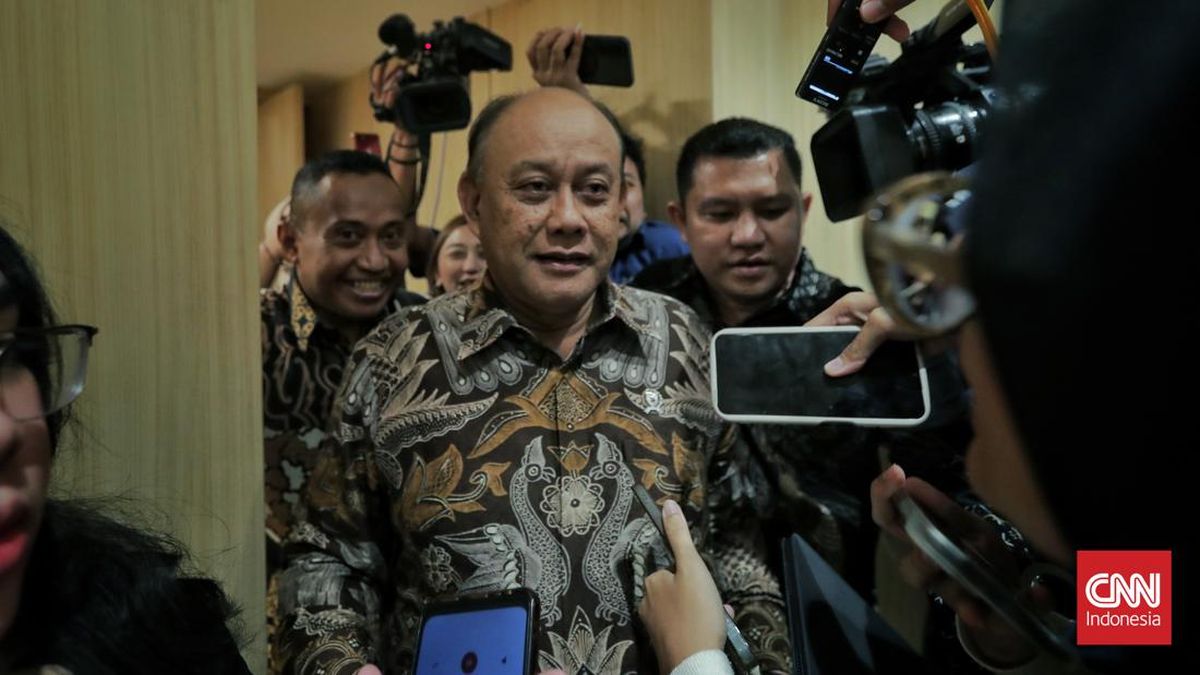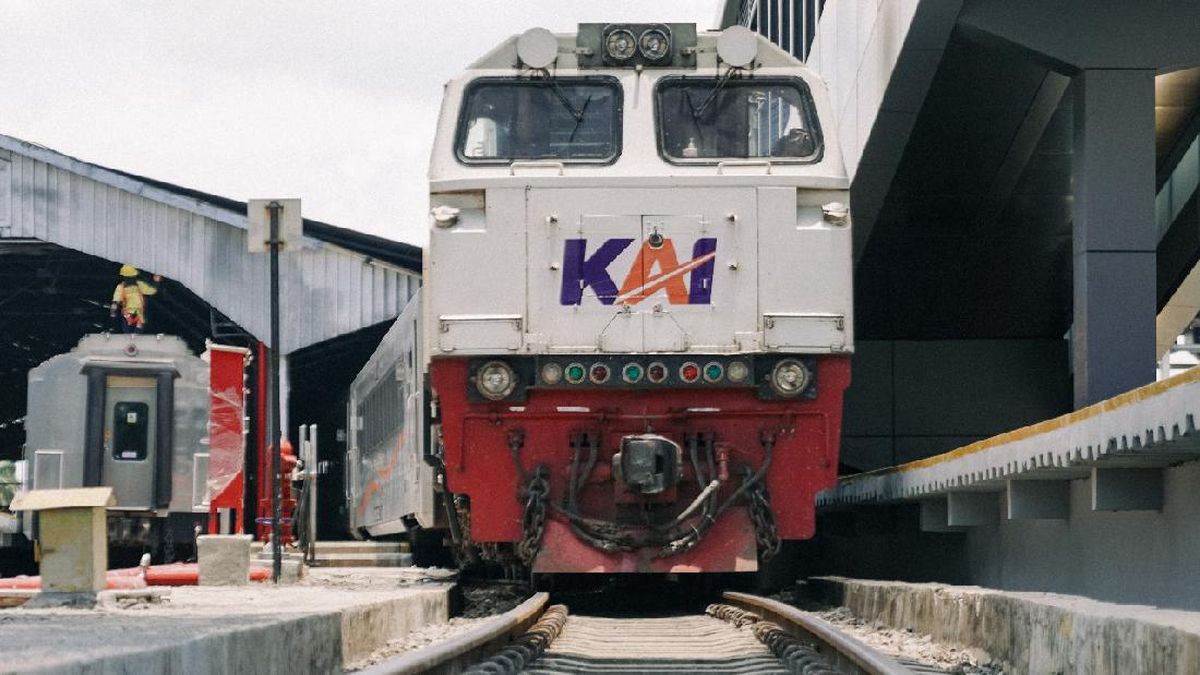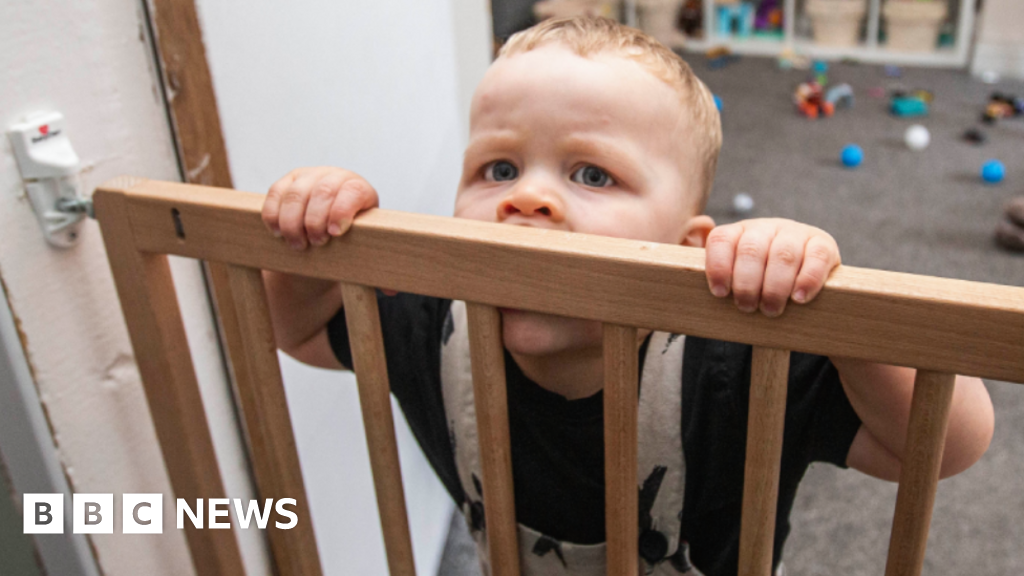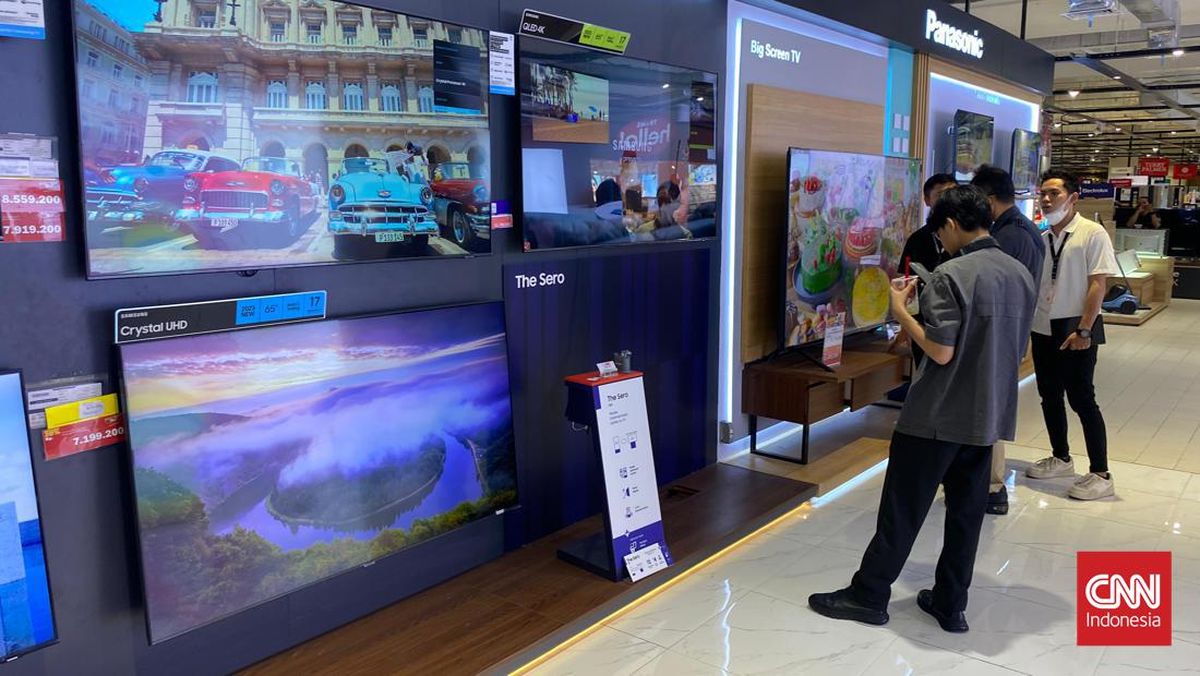Welcome Week to herald the start of semester at Western Sydney University in 2025 was packed with excited students keen to make friends and begin their academic journey. There was, however, one difference from other years. Students not only queued to join clubs and societies; they also sought handouts of food.
Students around the nation are struggling to make ends meet. For many, university is a time of poverty. Half of our students at Western have food insecurity, with many missing meals.
Unsurprisingly, they struggle to finish their studies, with those from poorer backgrounds increasingly quitting or not going to university at all. Too often, being a university student means going hungry.
We responded by opening a Western Pantry on our Kingswood campus in Penrith in mid-2024. It provides free staples like rice, oats and pasta. The demand has proved to be enormous, with 3,400 visits in the second half of 2024. We have since opened another pantry in Parramatta and pop-up pantries on other campuses and will also provide more than 23,000 free dinners and breakfasts in 2025.

Students line up for the Western Sydney University pop-up pantry.Credit: Wendy Chung
As I handed out food to the 100 or more students who came to our Pantry during Welcome Week, I asked them why they were there. The Youth Allowance payment of $47 a day for students who cannot live at home does not cover the rent, let alone food, transport, medicine and textbooks. They spoke about the pantry being the difference between staying in university or dropping out.
Postgraduates are also facing real economic hardship. Katherine Warwick is a smart and dedicated PhD candidate at Western Sydney University with a passion for water ecology. Her research looks at aquatic ecosystems and contaminates in platypuses. It often involves being knee-deep in water during late-night field trips to monitor platypus populations in eastern NSW and the effect that PFOS (perfluorooctane sulfonate) chemical contamination is having on their health.
When Katherine wanders through her local supermarket, she must mentally calculate how many Weet-Bix and how much milk she needs to survive the week. When she gets home, she must think twice before turning on the lights due to the cost of electricity.
Loading
Sadly, shortages of food and other basics, combined with unreasonably high university fees, have become the reality of higher education today for many students. The system is failing them. As older generations accumulate increasing amounts of wealth through property, tax concessions and other investments, our youth are struggling to get ahead and face the prospect of being locked out of housing.
It was not like this for previous generations. Fresh out of high school in the 1980s, the child of a single-parent family, I knew that my economics and law degrees at Macquarie University were a pathway to opportunity. The system was structured in a way that if I worked hard and took advantage of what higher education provided, I could expect a well-paid job, a great career and the best that life in Australia could offer. Higher education reflected the egalitarian ideal that everyone deserves “a fair go”.

Katherine Warwick is struggling to afford electricity while studying for her PhD.Credit: James Brickwood
This is still true today for students from well-off backgrounds, but often not for others. For them, the social compact is broken. Those who would benefit most from a university education are frequently the least able to afford it. The system does not provide a ladder of opportunity for everyone. Our modern institutions are simply too expensive and too difficult to navigate and, as a result, many people are missing out on the social mobility that higher education offers.
The ladder to a better life is missing more than a few rungs. The issue of student poverty in Australia, and the need to rethink the Youth Allowance and the PhD stipend, rarely enters the public debate when it comes to our universities. The interests of those the system should serve – students and the community – too often take a backseat to public concern over unpaid wages, sexual assaults on campuses, anti-Semitism and freedom of speech, and the perennial issue of executive pay.
As these issues dominate the agenda, it is easy to lose sight of the mission of our universities and the public good they deliver. The debate also obscures the larger role of higher education.
Universities are a central part of our civic life, they anchor institutions in their local communities and underpin the success of our democracy. Our economic and social progress depends upon their success as generators of knowledge, creativity, invention and social mobility. If you want to change the world for the better, education is the place to start.
Today, universities find themselves in the distressing position where their very social licence is in question.
But something has gone badly wrong. Anger at universities, with escalating concerns about governance and intense political pressure from all sides, have left universities friendless and alone. And when universities lose, it is not just students who suffer, it is the nation at large.
Loading
This is not a recent phenomenon. The wellbeing of our universities has deteriorated over decades and has reached a tipping point where the financial sustainability of many institutions is under threat. The plight of the sector mirrors the strains of modern Australia, with some universities under dire financial pressure while others record large profits. The media narrative alternates between job losses and excessive executive pay.
Today, universities find themselves in the distressing position where their very social licence is in question. An increasingly hostile media and uninterested public, combined with a host of inquiries and a growing thicket of regulation that challenge the autonomy and mission of our universities, have created a perfect storm.
Universities have become the political equivalent of the banking sector before the 2017 Hayne Royal Commission. With the way things are going, it is hard to rule out the prospect of a similar inquiry into the nation’s universities. Years of negative press and scandals have led Australians to question whether universities are prioritising surpluses over students.
As public opinion has soured, too often our universities have downplayed the issues or painted themselves as cash-strapped victims. This has not gone down well with political leaders or the public who instead see a counter narrative of surpluses and vice-chancellors paid better than prime ministers and premiers. The way universities have responded to their loss of social licence has itself contributed to the downward spiral, reinforcing public concern that the sector has lost its way.
Reversing the situation to regain public trust is not something that government can impose. Successive waves of regulation have demonstrated that the heavier the government’s hand, the greater the unintended consequences of reform.

Vice chancellor George Williams at the food pantry with student community program coordinator Miranda Zhang (left), and student Richard Xu. Credit: Wendy Chung
Now is the time for a different type of revolution. Now is the time for universities to reconnect with those they serve: students and the community. This should be our singular focus as we take action to remedy the situation.
Too often, Australian students have suffered due to the pressures facing universities. Students today are paying much more but getting less than their predecessors. The system is geared against Australian students. The need to remedy government funding shortfalls has led many universities to prioritise international student recruitment. Discretionary funds have often been used not to enhance the student experience but to bolster research performance, as this drives rankings that help to attract more international students.
In a market-driven system where universities need to raise additional revenue, Australian students, with declining federal funding, can be a second-order priority. Students at some universities have complained about how their experience in the classroom is affected by increases in the number of international students in courses such as commerce and business. Australian students can find themselves in classes dominated by overseas students, particularly from China, with varying levels of spoken and written English. The result can be unsatisfactory both for domestic students and for those from overseas seeking an Australian experience rather than a classroom dominated by peers from their home country.
Even while Australian universities have achieved extraordinary, world-leading research outcomes and remarkable rankings success, many students remain dissatisfied with their education. Government policy and market pressures have redefined what success means for many Australian universities, and this in turn has eroded their core mission of educating students. The most recent data from the Quality Indicators for Learning and Teaching (QILT) on the annual Student Experience Survey (SES) presents a problematic picture. In 2023, undergraduate student ratings of satisfaction with the quality of the educational experience were 76.7 per cent across the sector. Postgraduate coursework satisfaction sat at 77.1 per cent. The figures show that nearly one in four students is dissatisfied. There are not many organisations that can sustain such levels of unhappiness for an extended period.
Soon after I started as vice-chancellor of Western Sydney University in 2024, I convened an online webinar for our staff: to hear their views, answer their questions, and start developing a new strategy for the future of Western.
The webinar attracted over a thousand people and was a spirited session. I then convened a similar event for our 50,000 students and the numbers were paltry, with only 25 turning up. Our students had sent us a clear message. We had to pivot to adopt their medium of communication, and this meant social media.
We set up Instagram and TikTok live sessions that attracted over a thousand students. Student engagement was lively, with a lot of humour and great questions. It demonstrated the importance of engaging with our students in a space where they were happy to share their stories, including their struggles to afford food and their distress at the cost of their degrees.
Interacting with our students on their terms is something I do as often as I can. I joke I am the first vice-chancellor in Australia on TikTok. This has taken me well out of my comfort zone, including having to do a headstand when I lost a bet. Social media is not an easy place for me, but for our students it is their civic space.
My presence on social media forges connections that might otherwise prove difficult. I have had many students come up to say hello after recognising me as “that guy from TikTok”. Some then ask what I do at the university. They may not know me as their vice-chancellor (or even what a vice-chancellor is — something from Star Wars perhaps?), but social media has proved a great way to bridge the gap and start a conversation.
Where once information was shared in the town square, via the printing press, radio, television and newspapers, for today’s younger generation it is social media. If we vacate that space as educators, we cede the ground to populism and debates that are not grounded in facts, rationality or expertise. We need to meet this challenge to the role of universities head-on.
We must look to build trust and social licence from the inside out. This means being present in places like social media where information is shared, and our community discusses the questions that concern them. We must either adapt to new technologies and modes of communication or lose relevance.
Loading
We must also break down barriers. There is a reason that for many people universities evoke images of walls or impenetrable fortresses. Once this was as a protector and incubator of knowledge, but in a society where gratification is immediate and self-appointed experts are on every screen, it makes universities seem out of touch. It is not enough for us to make higher education more accessible and relatable; we must also leave the fortress. We must go to where our students and the community are, and we must listen on their terms. Universities are not used to doing things this way. It is disconcerting for a sector used to being the experts and keepers of knowledge. We need to change.
This is an edited extract from Aiming Higher: Universities and the Future of Australian Democracy by Professor George Williams, published next week as part of The Australia Institute’s Vantage Point essay series.
Start the day with a summary of the day’s most important and interesting stories, analysis and insights. Sign up for our Morning Edition newsletter.


















































